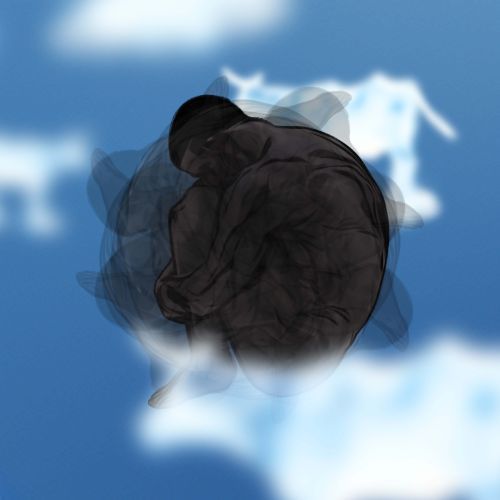Protection of Sundarbans and a school where tuition fees are plastic bottles
As part of the Recycles Pay education project at Morit International School in Ajegunle, Lagos, Nigeria, tuition fees there are not paid in cash but in plastic bottles. Parents collect the plastic – one such bottle equals one naira – then bring it to be weighed and sold in cooperation with local recycling companies. This solves two problems at once – the problem of the increasing number of children outside the education system and the increasing amount of plastic litter in the neighbourhood.
The Philippine Mother Earth Foundation is a member of the Global Alliance for Incinerator Alternatives (GAIA). The organisation prevents methane-emitting food waste from being dumped in landfills. Mother Earth, therefore, promotes waste segregation among Filipinos. Discarded food is collected and turned into compost at a local recycling plant. The compost goes to community gardens where local people grow vegetables. Recyclable materials, on the other hand, are sold.
The use of disposable plastic products has been banned in the world’s largest mangrove forests in the Sundarbans region of Bangladesh. 200,000 tourists visiting the region annually and dumping rubbish there have severely damaged the environment and biodiversity. Mangrove forests protect coastlines from erosion and extreme weather events by filtering pollutants, improving water quality, serving as breeding grounds for marine creatures, and capturing vast amounts of carbon dioxide from the air and storing it in their leaves, trunks, roots and soil.

























